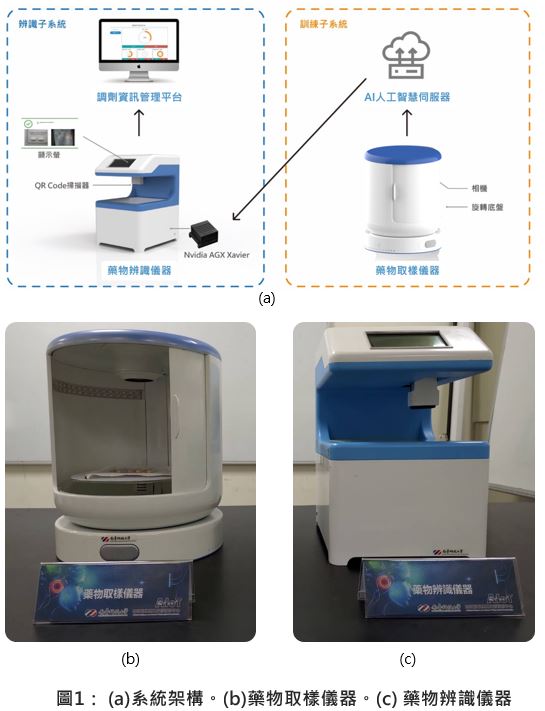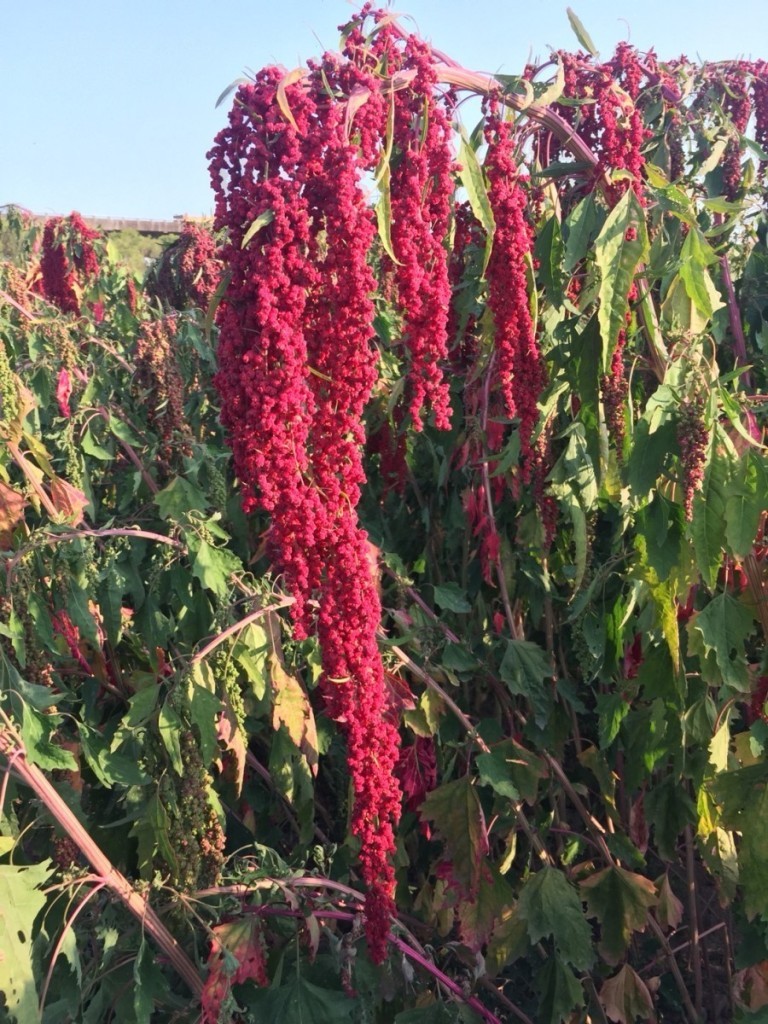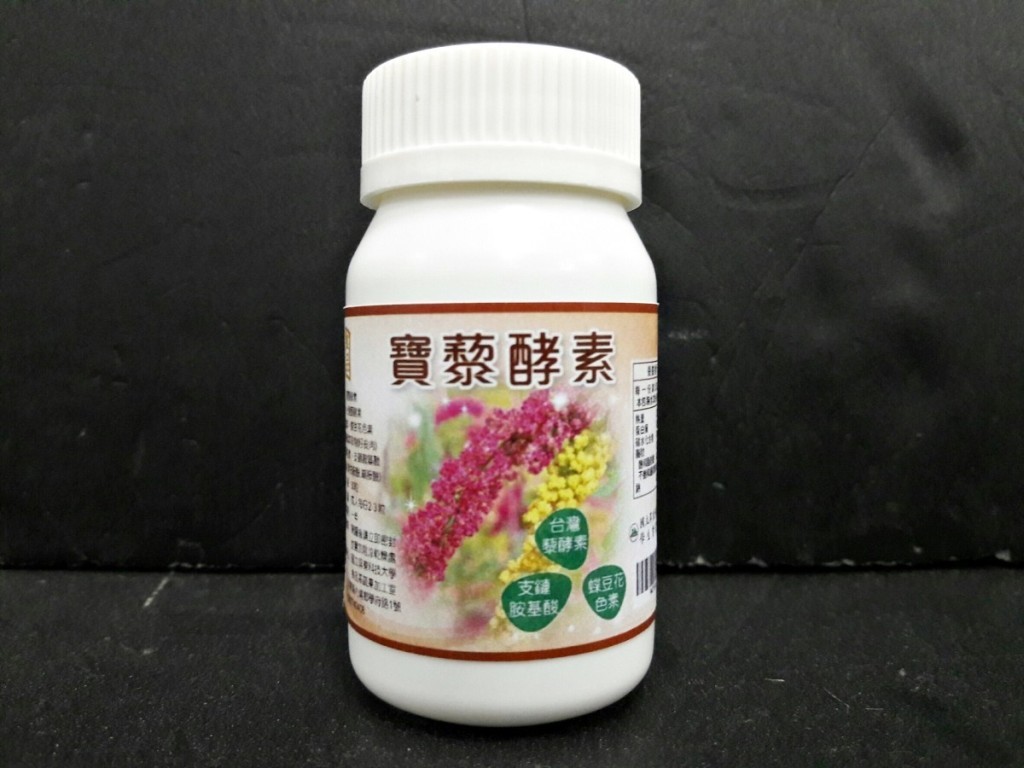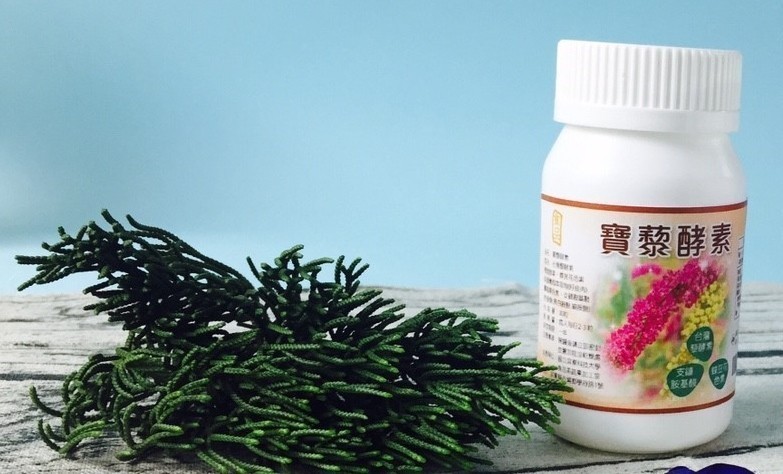| Technical Name | A Technique to Prepare SOD-like Powder from Djulis Wasted Husk | ||
|---|---|---|---|
| Project Operator | National Pingtung University of Science and Technology | ||
| Summary | BoLi-Zyme is a product made by the Djulis hull after using enzyme treatment, and release more phytochemicals with SOD activity after enzymatic hydrolysis. Further analysis confirmed that, this product exhibited its high ability in scavenging the superoxide free radical, which may reach 4.2 x105 U/100g. Furthermore, we concentrate the hydrolyte and make it into powder. This may increase their shelf life and convenience when oral taking. The low cost of the material and high profit of the product, make this technique exhibit a powerful competition potential, because it change the garbage into gold. |
||
| Scientific Breakthrough | BoLi-Zyme is a Djulis waste product made by this technique, which using the enzyme treatment to release more functional composition with SOD-like activity. Further analysis confirmed that, this product exhibited very high antioxidant activity, especially its ability in scavenging the superoxide free radical, that may reach 4.2 x105 U/100g . In addition, the commercial SOD product in the market is mostly in the form of liquid, which need the cold storage after open to keep the quailty. To improve this, we make the product in form of powder and packed into a capsule. This not only increased the shelf-life of the product, but also become more convenient for modern people to take in the busy life. According to report from IDB-Moea of R.O.C (executed by China Grain Product Research & Development Insitute), the products made from co-fermentation of plant sources may reach 2 billion NTD in 2016, and usually were sold in the name of “XX fermented liquor/powder”. And the SOD activity or polyphenol content was used as the index of their quality. BoLi-Zyme with the high SOD-like activity showed high market competitiveness, and is suitable for functional food preparation. Besides, this is a brand new product, because there is no product made from Djulis wasted husk before this. Every year, we spend around 15 million NTD to dehull the 300 ton Djulis grains, and then around 120 ton wasted hull were buried into soil as fertilizer. What a big waste! On the other hand, we may create 8 million capsule bottle of BoLu-Zyme if all the Djulis wasted hull was used by this technique and the profit of the product may reach for numbers of billion. It is quite obvious to see the benefit of developing this low-cost and high profit technique and products when comparing the 15 million dehull fee and numbers of billion of BoLi-Zyme product profit. |
||
| Industrial Applicability | 本技術為目前保健食品產業中,唯一深入探討台灣市場一直缺乏應用的台灣藜殼廢棄物之技術,並以一連串的處理使台灣藜殼獲得更高的經濟價值。對農民而言,過去只能當堆肥的殼,如今變身為健康食品原料,具有原料成本低,產品高產值的優勢,對於整個產業經濟發展具有很大的效益。另外,根據食品工業研究所報告,臺灣食品市場消費中,保健食品型態以膠囊、錠劑、粉末等三者為主,加起來超過5成。而民眾購買保健品主要考量因素為保健效果,佔40%,其中以降血脂、降血糖、加上免疫調節、抗氧化等,共約佔三成。因此本技術所製得的優質機能性成分,具SOD-like抗氧化功能,再加上以膠囊、錠劑與粉末等為主要型態,市場潛力相當大。 |
||
other people also saw







